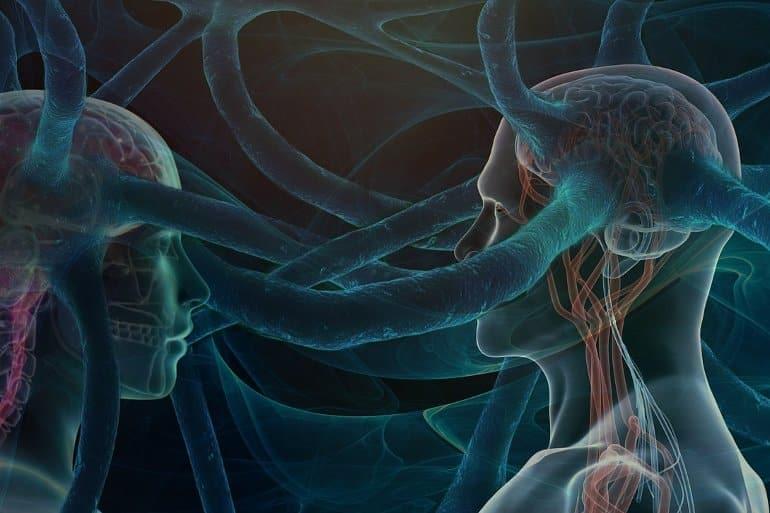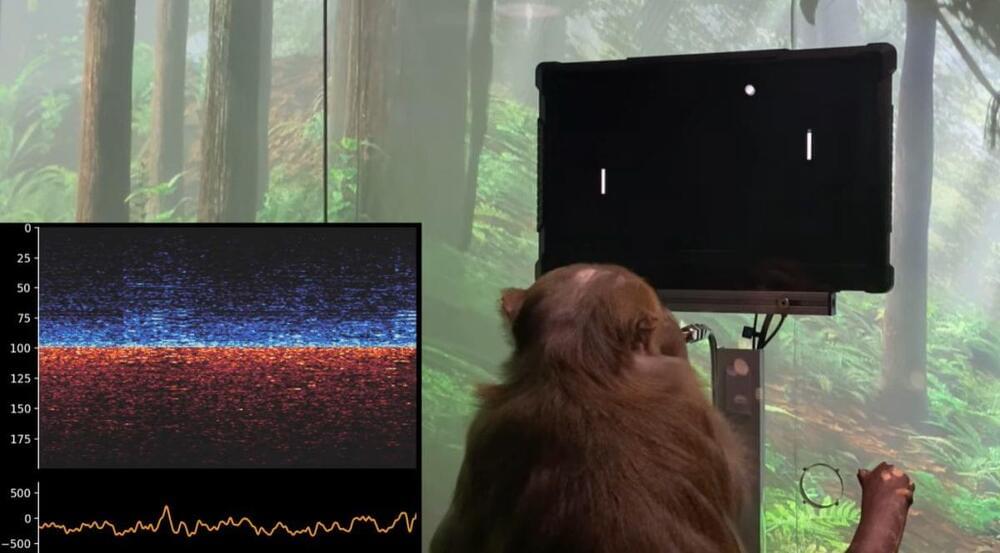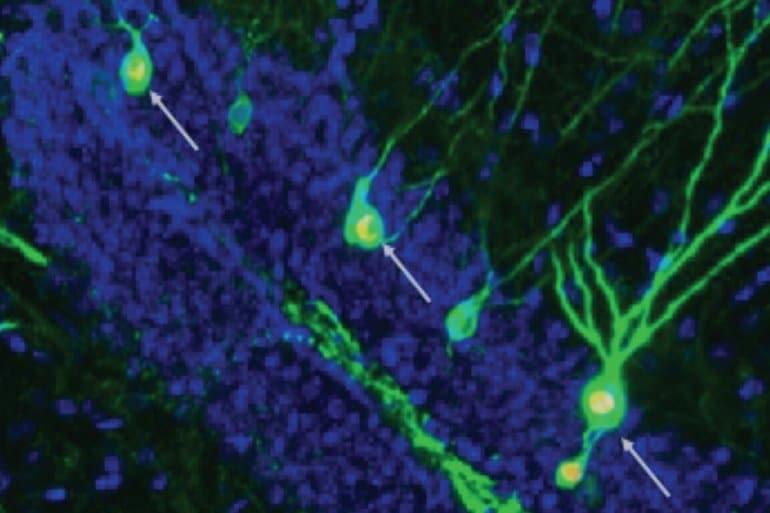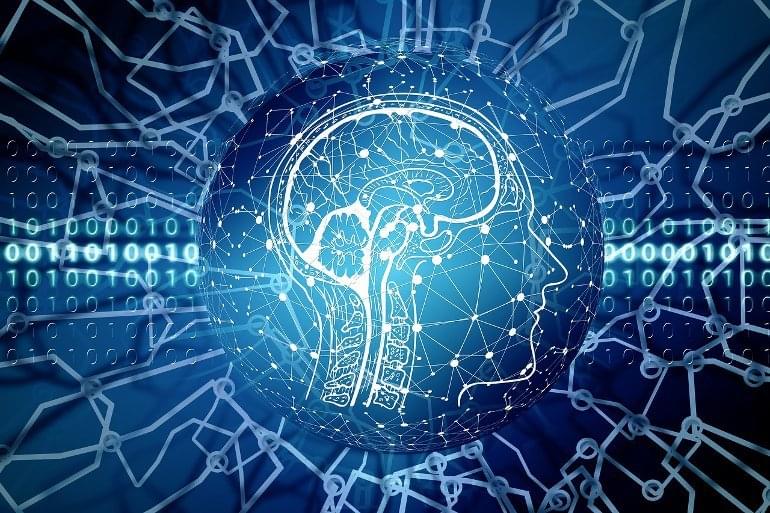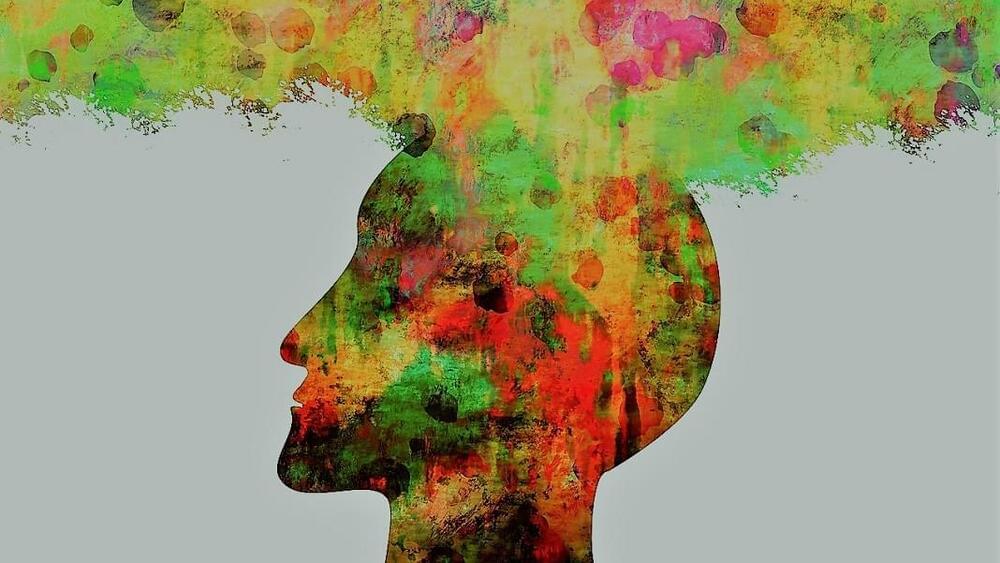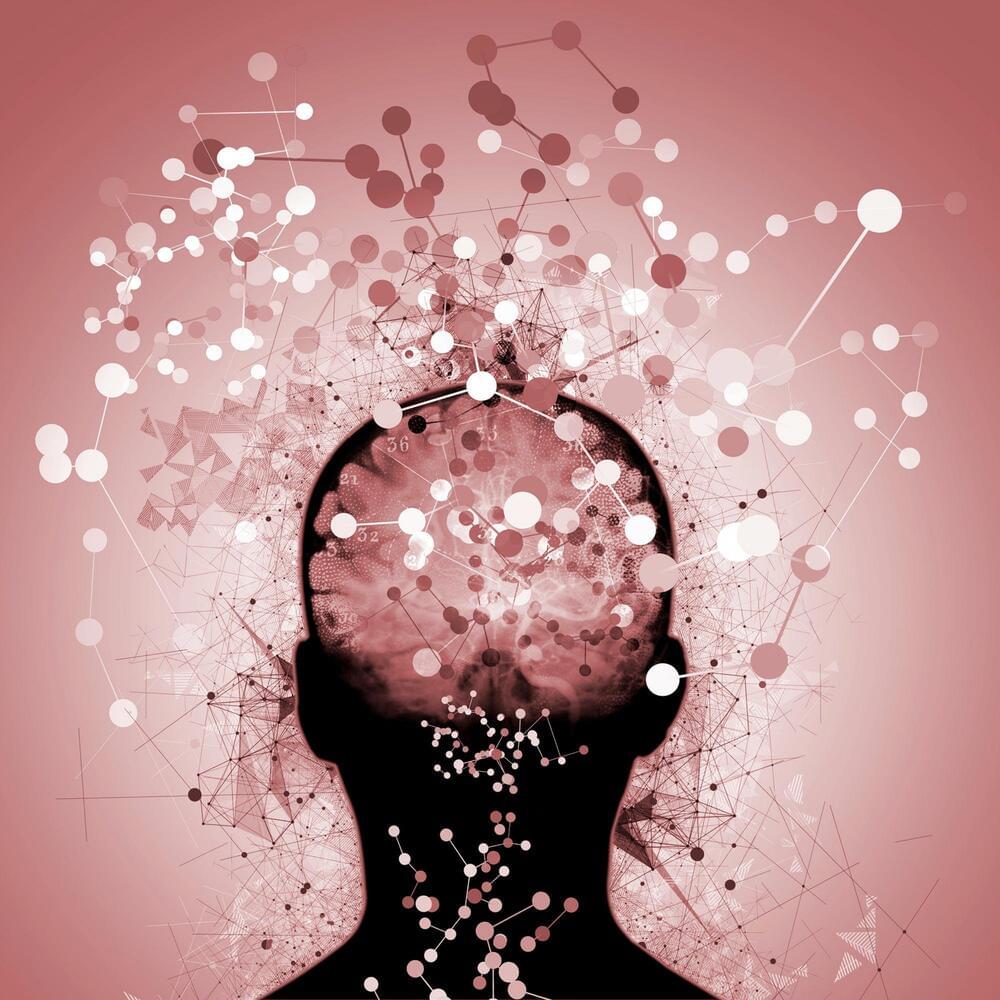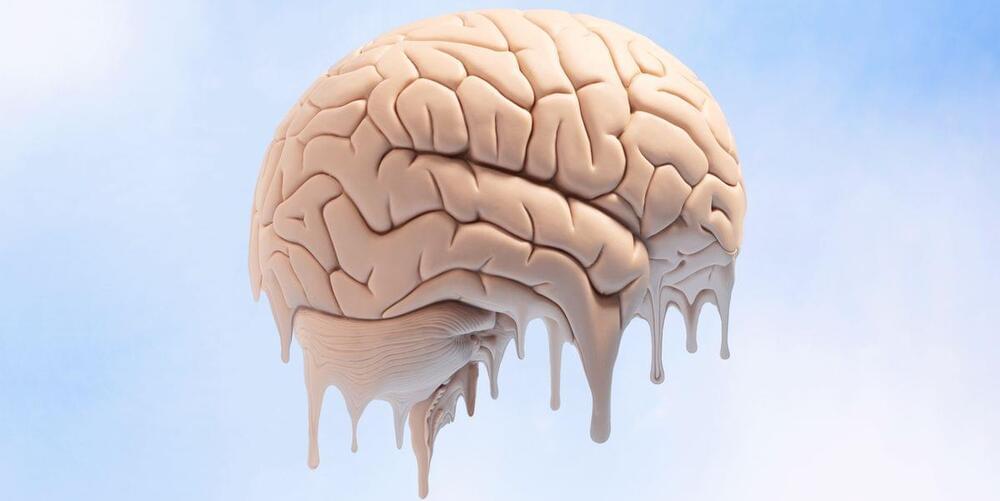Neuralink, a company co-founded by Elon Musk, has been working on an implantable brain-machine interface since 2016. While it previously demonstrated its progress by showing a Macaque monkey controlling the cursor.
It’s unclear what kind of deal Musk has offered — whether it’s a collaboration or a financial investment —since none of the players responded or confirmed the report with the news organization.
Elon Musk’s last update on Neuralink — his company that is working on technology that will connect the human brain directly to a computer — featured a pig with one of its chips implanted in its brain. Now Neuralink is demonstrating its progress by showing a Macaque with one of the Link chips playing Pong. At first using “Pager” is shown using a joystick, and then eventually, according to the narration, using only its mind via the wireless connection.
Today we are pleased to reveal the Link’s capability to enable a macaque monkey, named Pager, to move a cursor on a computer screen with neural activity using a 1,024 electrode fully-implanted neural recording and data transmission device, termed the N1 Link. We have implanted the Link in the hand and arm areas of the motor cortex, a part of the brain that is involved in planning and executing movements. We placed Links bilaterally: one in the left motor cortex (which controls movements of the right side of the body) and another in the right motor cortex (which controls the left side of the body).
In an accompanying blog post, Neuralink says it’s building on decades of research that developed systems connecting “a few hundred electrodes” that needed a physical connector through the skin, compared to its N1 Link with 1,024 electrodes. According to Neuralink, “Our mission is to build a safe and effective clinical BMI system that is wireless and fully implantable that users can operate by themselves and take anywhere they go; to scale up the number of electrodes for better robustness and higher information throughput; and to automate the implant surgery to make it as rapid and safe as possible.”
